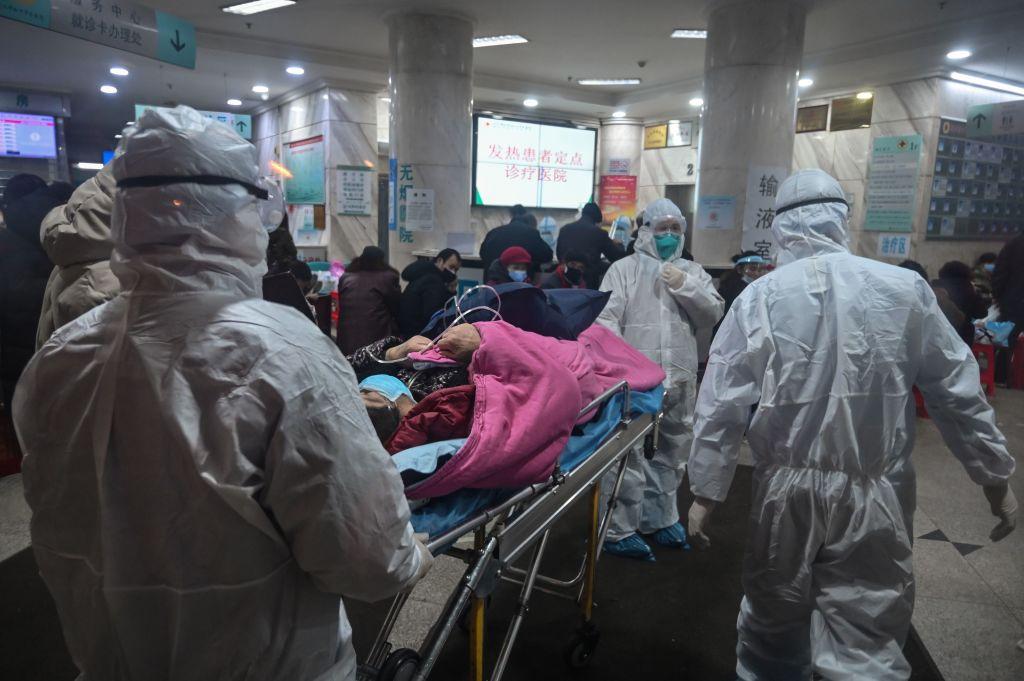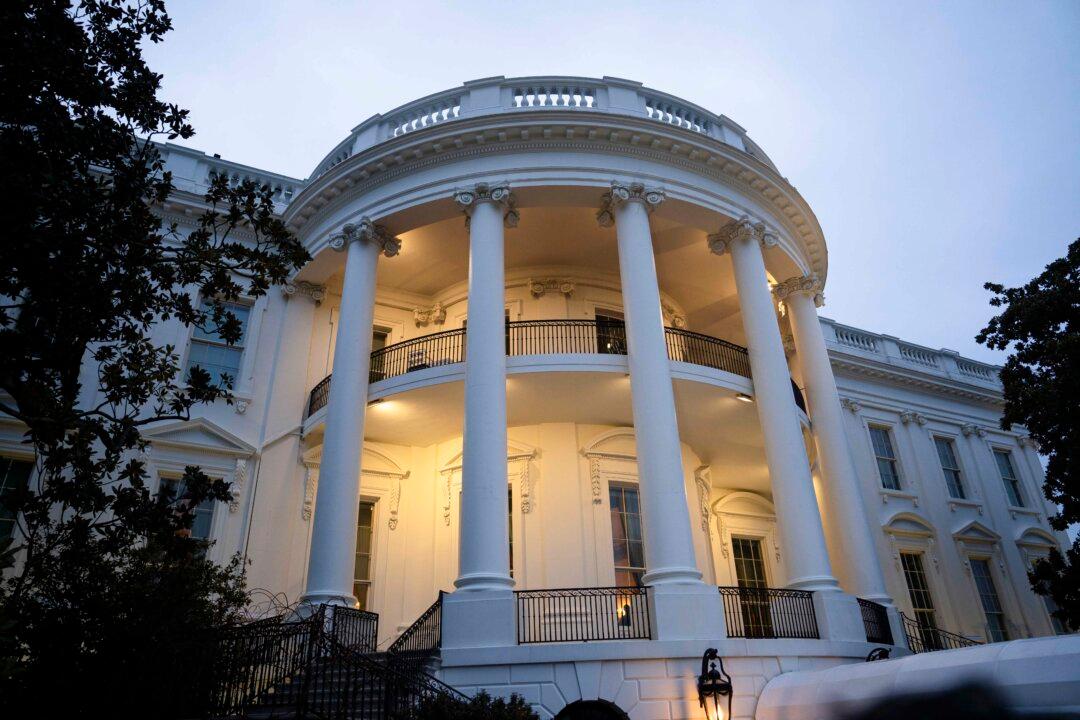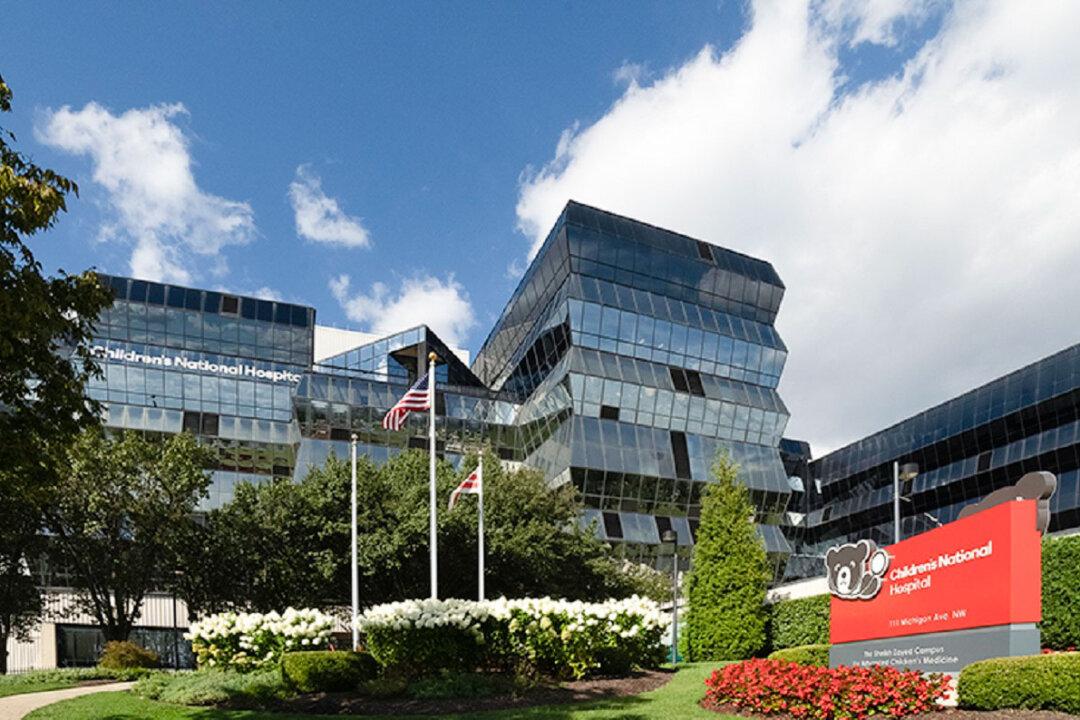President Donald Trump paused U.S. funding to the United Nations group this month amid widespread backlash to the WHO seemingly being in lockstep with the Chinese Communist Party (CCP).
The review will focus on whether the WHO is being run well, said John Barsa, acting administrator of the U.S. Agency for International Development, on Wednesday.
“The review is going to be all encompassing, get into all manners of management operation questions,” Barsa told reporters at the State Department. “There’s numerous questions in terms of the management of the WHO; how they have been operating holding member states accountable in their actions.”

During the pause in funding, the Trump administration will look for other partners for work on important issues, including vaccines, Barsa added. Ninety-six percent of U.S. funding for health groups in 2018 went to organizations other than the WHO, he noted.
Secretary of State Mike Pompeo said at the same briefing that U.S. officials “strongly believe the Chinese Communist Party did not report the outbreak of the new coronavirus” within the 24 hours required under WHO policy. Even after it did notify the WHO, it withheld information about the virus and continues to do so.
As part of new rules adopted in 2007, the WHO’s chief was given the ability to go public when a member country flouted the rules, but that did not happen in this case, Pompeo said, adding that WHO’s regulatory arm “clearly failed” in responding to the outbreak of the CCP virus.
WHO director-general Tedros Adhanom Ghebreyesus told reporters in Geneva around the same time that the group raised an alarm to countries around the world at the right time.
“Looking back, I think we declared the emergency at the right time, and when the world had enough time to respond,” Ghebreyesus said. “There were only 82 cases and no deaths [outside China],” including a few in Europe and none in Africa.
“This was more than two months and 21 days ago, close to three months now,” he added later.
Dr. Mike Ryan, executive director of the WHO’s health emergencies program, said at the briefing that “the characterization of the disease as a pandemic in itself has no basis other than a description of the event at that time in regards to how many countries are affected.”

Even as the CCP virus crisis increasingly worsened and appeared to meet the definition of a pandemic, the WHO held off defining it as one.
“Using the word ‘pandemic’ now does not fit the facts, but it certainly may cause fear,” Ghebreyesus said on Feb. 24, even as the number of cases spiked in a number of countries, including Iran, South Korea, and Italy.
The WHO finally declared a pandemic on March 11, more than three months after the first patient was identified in China. The virus had spread to 114 countries by then, infecting more than 118,000 cases and killing over 4,000.

“They need to be held accountable for their role in promoting misinformation and helping Communist China cover up a global pandemic,” Sen. Rick Scott (R-Fla.) said in a statement.
“The WHO helped the Chinese Communist Party hide the threat of COVID-19 from the world and now more than 10,000 Americans are dead, a number that is expected to rise dramatically in the coming weeks,” Rep. Guy Reschenthaler (R-Penn.) said in a statement.





